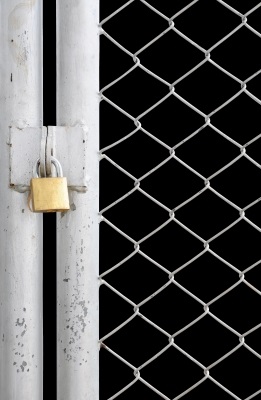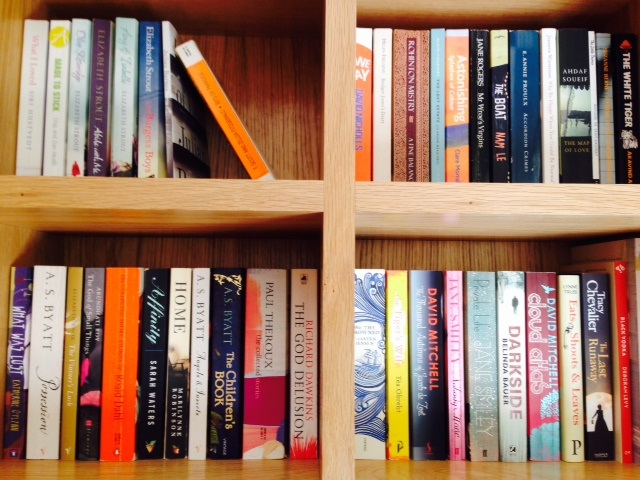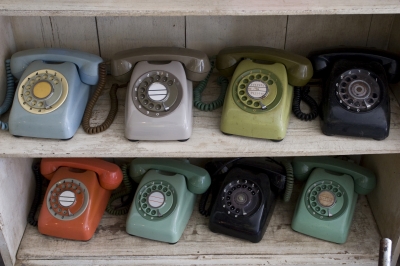You’re The One Who Needs Fixing – Not Me!
What Happens in Counselling?

Nobody wants to stay feeling stuck, sad, angry or confused. All we want is for these feelings to be magicked away – hopefully never to return. Rather than banish troublesome feelings, good counselling or psychotherapy helps us to understand where these feelings are coming from and sheds light on new…
What’s The Story?
Panic Attacks – How Counselling Can Help

Panic attacks commonly bring people to counselling or psychotherapy. Usually, I am asked how to make them go away. Rather than simply treating the symptoms (e.g. through breathing techniques), I tend to look at the anxiety behind the panic attack as providing a warning or message that something is amiss…
How Do I Choose The Right Counsellor For Me?
So, Counsellor, What Do You Actually Do?
The Drama Triangle – Understanding Communication Breakdown

In 1968, Stephen Karpman first referred to the Drama Triangle model as a means of describing and analysing human interaction. Karpman’s ideas often prove useful in helping us identify the roles we ourselves play when stuck in unhelpful repeating patterns of communication with others – and how to step out of those roles.
How To Talk To A Defensive Person
Shame And Dependency

Shame. There, I said it. Shame feels horrible. I think of a hot, creeping sensation that sweeps over the body, starting in the face and travelling rapidly down to the stomach – where it stays. It’s a feeling of having been exposed and found wanting when measured against our own or somebody else’s idea of a…






